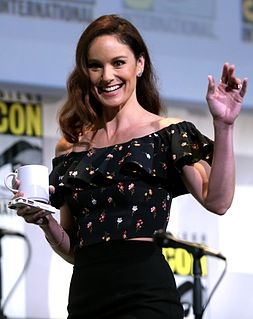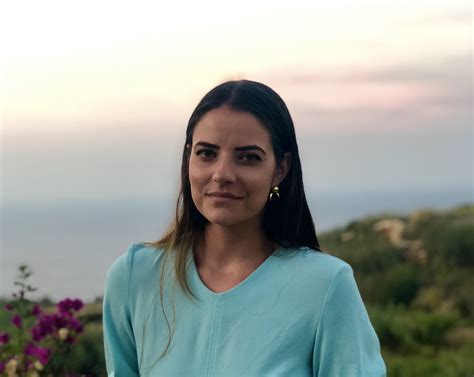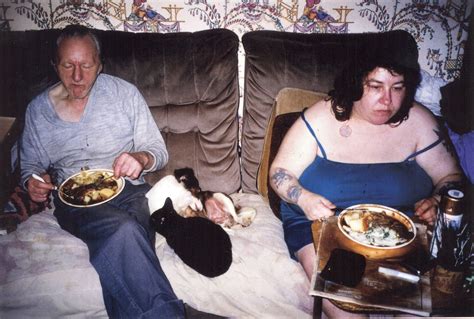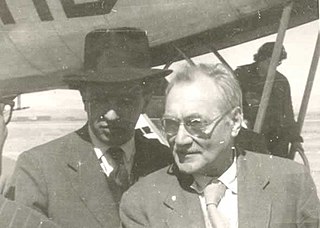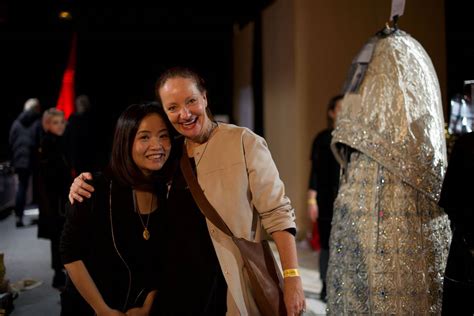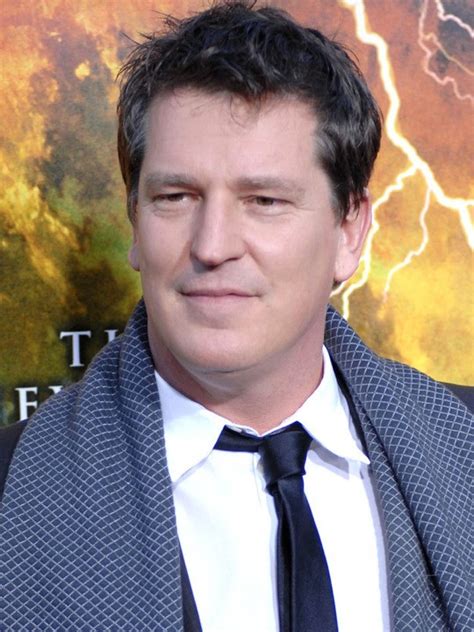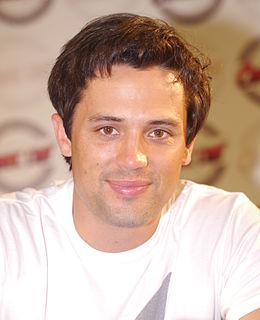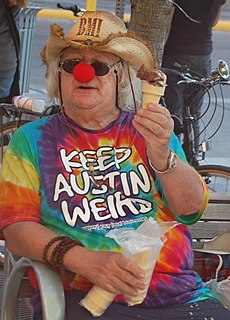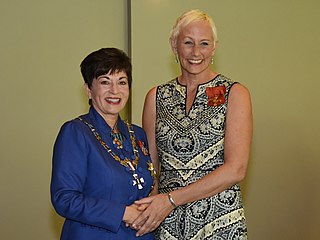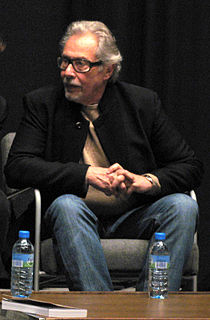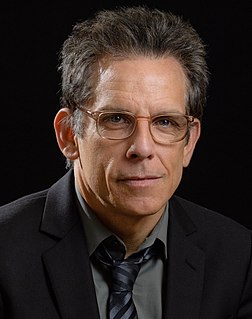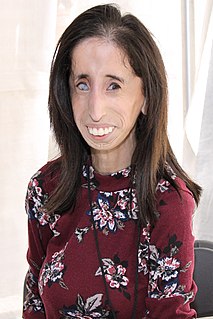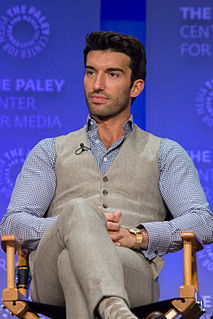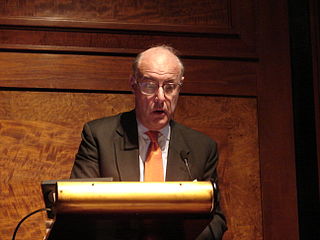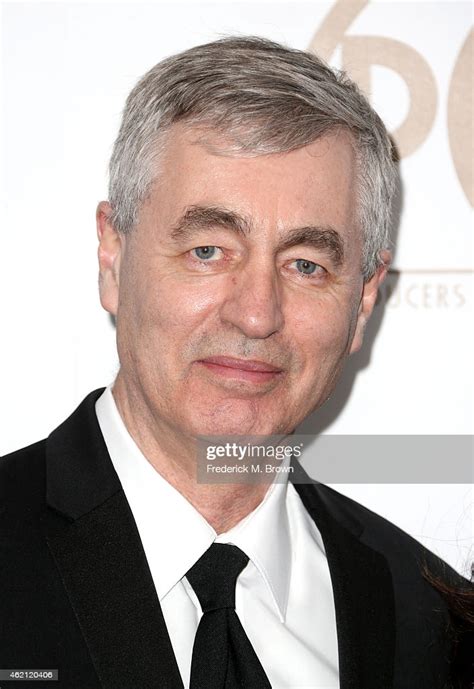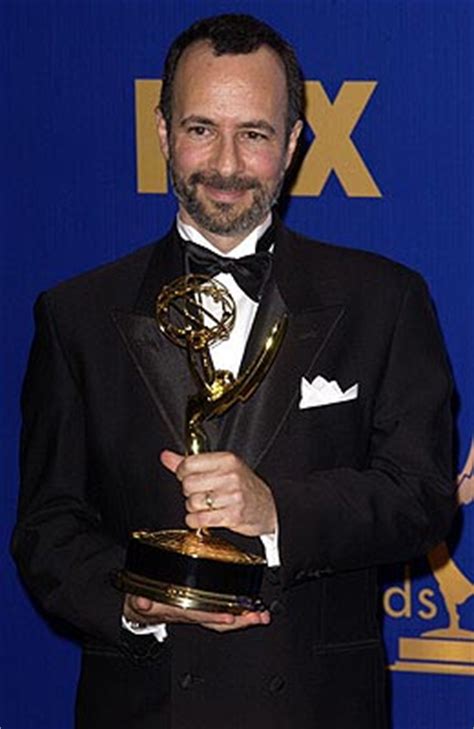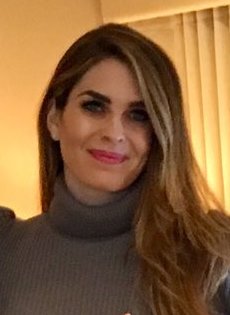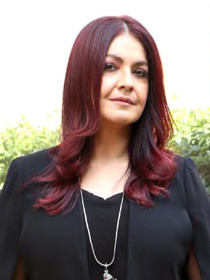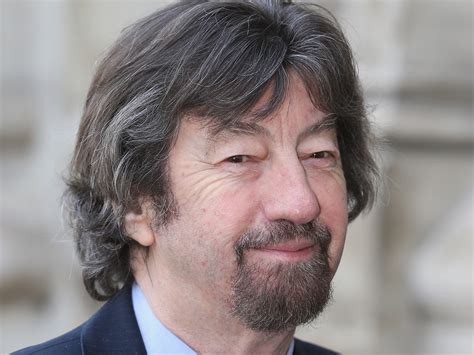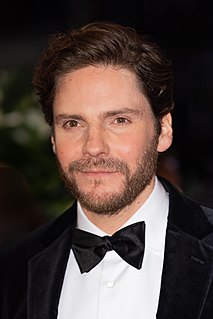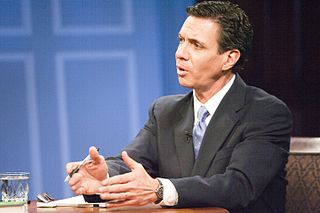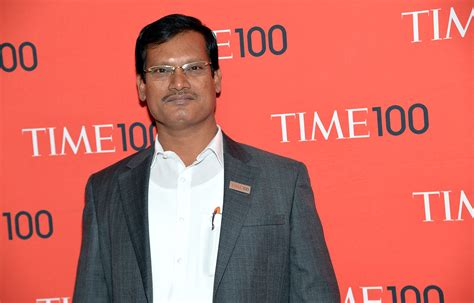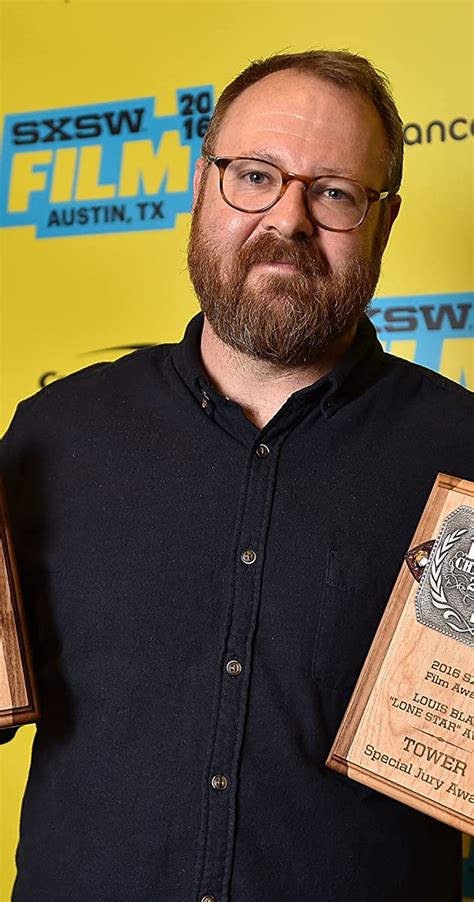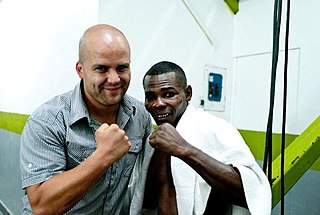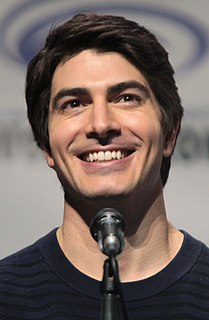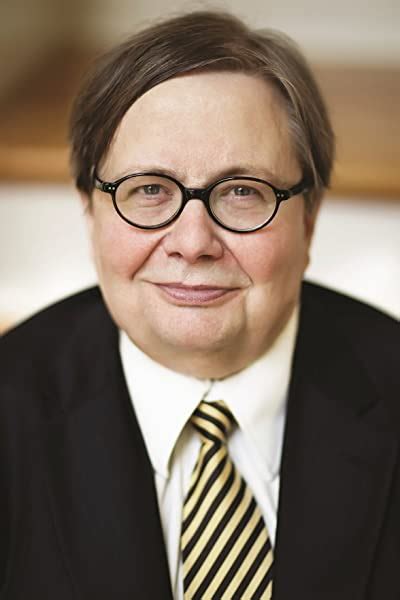Top 786 Documentary Quotes & Sayings - Page 9
Explore popular Documentary quotes.
Last updated on November 17, 2024.
An important documentary that sheds light on one of the most terrifying realities in the U.S. today—the commercial sexual exploitation of young girls. TRICKED is a comprehensive portrait of all the players in this human rights abuse: survivors, traffickers, johns and cops. Everyone should see this film.
My first priority when taking pictures is to achieve clarity. A good documentary photograph transmits the information of the situation with the utmost fidelity; achieving it means understanding the nuances of lighting and composition, and also remembering to keep the lenses clean and the cameras steady.
I really loved working on 'Laguna Beach,' and I'd do it all over again. I'm one of the luckiest kids in the world, but I thought it was going to be a documentary about kids in high school, and they exaggerated all this drama. When it came out, it was this weird thing. People feel that they know you.
While it is increasingly possible for filmmakers to find an audience on their own (something that is particularly popular amongst documentary filmmakers) I'm still a believer in the "specialist". By this I mean, I back myself as a filmmaker, but I leave the marketing and distribution of my films to the experts.
David Irving has consistenly applied an evidential double standard, demanding absolute documentary proof to convict the Germans (as when he sought to show that Hitler was not responsible for the Holocaust), while relying on circumstantial evidence to condemn the British (as in his account of the Allied bombing of Dresden).
'Under the Skin' is handsome, in a dour way, but inert - a cunning experiment that died in the shooting or on the editing table. You'll want to get the DVD, though, and not just for its study of Scarlett. Odds are that the Making-Of documentary will be far stranger and more fascinating than the movie that was made.
My feeling is, when you are writing an essay, you don't make anything up. This may be a very Protestant notion, and I'm aware of the fact that memory is fallible, that if I had access to films or some absolute documentary evidence of what happened, it might look different; we get confused and fuzzy.
